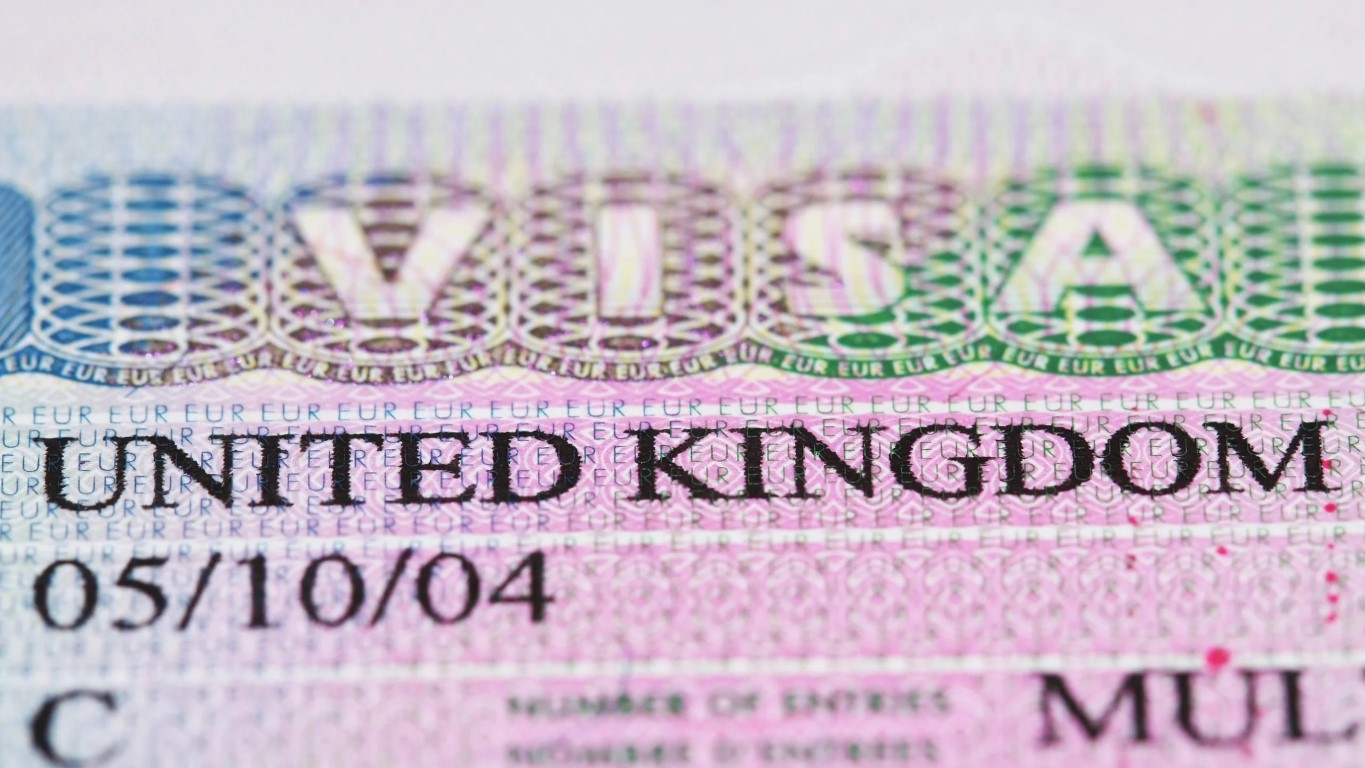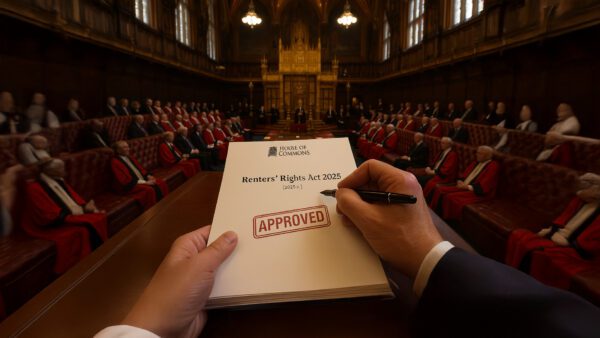Indefinite leave to remain not granted under the EU Settlement Scheme (EUSS) will automatically lapse if the person is outside of the UK for more than two years. (Under the EUSS scheme leave will lapse after five years and four years for certain Swiss nationals).
On the 5th October 2023 the Home Office deleted the old immigration rules relating to returning residents and introduced a new Appendix Returning Resident. At first glance it appears as though the changes are merely codification of the old rules, however there are two key changes to note.
The first change is the removal of the requirement that a person must have held indefinite leave when they last exited the UK. This change is welcomed by practitioners, as it created tricky scenarios where a clients leave had lapsed and they subsequently entered the UK as a visitor. Technically, a visit under the visit visa due to a lapse in ILR meant that they would be ineligible to apply as a returning resident. In practice, this was rarely enforced by the Home Office.
New Requirements For EUSS Applicants
There is now, however, a requirement that applicants must have maintained strong ties to the UK during their absence from the UK. Previously the Immigration Rules only required a person to have strong ties to the UK without specifying that these ties must have continued whilst being abroad. It is likely that applicants applying under the new Appendix Returning Resident, who have been absent for a significant period of time and have not had family ties or business connections to the UK.
If you or someone you know is concerned about applying under the Returning Resident rules, it is advisable to speak to a Solicitor to provide strategic advice as to preparing a case which meets surmounts recent changes to the Returning Resident Appendix.
Success Story
Our Partner, Jayesh Jethwa has acted for clients whose ILR had lapsed (often extensive) and for a range of reasons. In one instance, a client had been abroad for several years tending to her mother who was terminally unwell.
Upon the mother’s passing 27 months later, the applicant attempted to enter the UK and was refused entry. She made an application of her own volition to The Home Office which was refused on the basis that the applicant did not have strong ties to the UK.
Our lawyers provided a detailed case strategy and explored other factors including case law and Home Office guidance. It was argued that the applicant’s length of original residence in the UK was extensive.
Our lawyers argued that, but for the mother’s illness, our client would not have been absent for an extensive amount of time. Evidence as our client’s employment and her sudden resignation along with support letters were adduced. Our client’s ILR was reinstated on an expedited basis.
To discuss any of the points raised in this article, please contact Jayesh Jethwa or fill in the form below.









